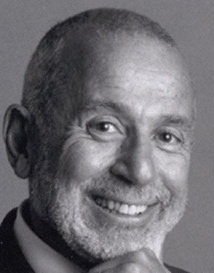A Quote by Albert Einstein
Creativity is one of those hypnotic words which are prone to cast a spell upon our understanding and dissolve our thinking into haze.
Related Quotes
Now with the allocation and the understanding of the lack of understanding, we enter into a new era of science in which we feel nothing more than so much so as to say that those within themselves, comporary or non-comporary, will figuratively figure into the folding of our non-understanding and our partial understanding to the networks of which we all draw our source and conclusions from.
The dictionary is like a time capsule of all of human thinking ever since words began to be written down. And exploring where words have come from can increase your understanding of the words themselves and expand your understanding of how to use the words, and all of this change happens in your thinking when you read the words.
But the idols of the Market Place are the most troublesome of all: idols which have crept into the understanding through their alliances with words and names. For men believe that their reason governs words. But words turn and twist the understanding. This it is that has rendered philosophy and the sciences inactive. Words are mostly cut to the common fashion and draw the distinctions which are most obvious to the common understanding. Whenever an understanding of greater acuteness or more diligent observation would alter those lines to suit the true distinctions of nature, words complain.
There is one tradition in America I am proud to inherit. It is our first freedom and the truest expression of our Americanism: the ability to dissent without fear. It is our right to utter the words, 'I disagree.' We must feel at liberty to speak those words to our neighbors, our clergy, our educators, our news media, our lawmakers and, above all, to the one among us we elect - President.
When we can't hold back, or set boundaries, on what comes from our lips, our words are in charge-not us. But we are still responsible for those words. Our words do not come from somewhere outside of us, as if we were a ventriloquist's dummy. They are the product of our hearts. Our saying, "I didn't mean that," is probably better translated, "I didn't want you to know I thought that about you." We need to take responsibility for our words. "But I tell you that men will have to give account on the day of judgment for every careless word they have spoken" (Matt. 12:36).
A nap is not to be confused with sleeping. We sleep to recharge our bodies. We nap to care for our souls. When we nap, we are resting our eyes while our imaginations soar. Getting ready for the next round. Sorting, sifting, separating the profound from the profane, the possible from the improbable. Rehearsing our acceptance speech for the Nobel Prize, our surprise on receiving the MacArthur genius award. This requires a prone position. If we're lucky, we might drift off, but we won't drift far. Just far enough to ransom our creativity from chaos.




































